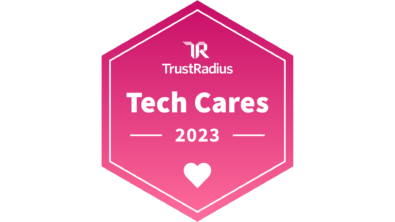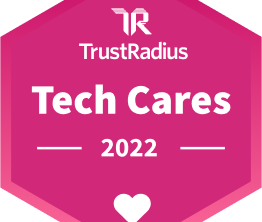Community Colleges Remix a Technical Future Workforce
The theme of the recent American Association of Community Colleges’ (AACC) Workforce Development Institute (WDI) was “Workforce Remix”, “…an innovative blend of new techniques that inspires unique results, invites new partners and creates outcomes beyond the original vision.”
That’s me in the Strati, a perfect example of an innovative blend of new techniques. The 3D printing of a vehicle is intriguing enough but you should also read how Cincinnati Incorporated made the machine that made the car.
The Association for Manufacturing Technology (AMT) takes the Solid Edge-designed Strati around the country along with their Smartforce Rally Fighter to highlight manufacturing innovation for the future workforce.
The WDI event challenges community college leaders to explore new possibilities and partnerships to serve their communities. This year’s event had a heavy emphasis on advanced manufacturing.
In one session, an attendee asked what really makes it “advanced” manufacturing. I loved the answer by Craig McAtee of the National Coalition of Advanced Technology Centers – “a digital thread.”
We began working more closely with community colleges a few years ago to develop a pipeline of digital thread talent. I’ve been impressed with their vision and the ability to adapt quickly to employer needs to deliver on that vision.
At the WDI event, we presented on the digital thread in a plenary session and in a workshop titled “Building a Talent Pipeline Through Stackable Credentials and Industry Partnerships.” The workshop built on the webinar in that link we gave last September to AACC members. At WDI, we presented with three of our community college academic partners. They shared career pathway models and case studies in industry engagement to meet labor market needs in manufacturing. For example,
- Quinsigamond Community College (QCC) highlighted its approach to performance based funding, noting priority fields that have extra weighting with communication technicians, computer sciences, engineering and engineering technology as the top four. QCC shared its advanced manufacturing pathway developed in collaboration with employers, community agencies, K-12 school systems and other colleges and universities.
- Thomas Nelson Community College (TNCC) shared highlights of a new advanced integrated manufacturing center to serve a hub of 200 manufacturers and meet the demand for 10,000 highly skilled workers in shipbuilding, energy and technology by 2020. The center will provide training in PLM, mechatronics, robotics and composites.
- Central Piedmont Community College’s (CPCC) Apprenticeship2000 is an 8,000 hour program with the majority of training delivered on the job augmented with classroom instruction. CPCC has delivered 15,000 hours of training alone in a Siemens apprentice program.
The Strati on site was topical. Several sessions discussed additive manufacturing. One panel featured America Makes, the Association for Manufacturing Technology, NCATC, NIST MEP, Manufacturing Skill Standards Council and Stratasys. These organizations discussed their approaches to re-shape the future technical workforce through partnerships across industry, government and education.
Another session focused on Making in America. One of our academic partners, Mott Community College, provided examples of new businesses launched from collaboration in their campus FabLab. Mott has been pushing the envelope on advanced technology beyond 3D Printing. Last year they implemented Teamcenter very quickly after a sudden surge in enrollment in data and process management courses.
AACC President and CEO Dr. Walter Bumphus highlighted the increased attention community colleges have had recently:
- President Obama’s proposal for free community college for responsible students
- C-SPAN interview on the president’s community college plan
- Op-ed on Community college plan boosts American Dream
- Tom Hanks’ New York Op-ed article: I owe it all to Community College
We saw increased attention to and from community colleges in our Software Revolution program over the past year. Their interest in implementing advanced technology continues to increase. Today we’re working with double the community college partners than we had a year ago.
Bumphus told community college leaders that with increased attention comes increased accountability. That was evident throughout the event as the schools discussed performance-based funding models. A lot is changing for community colleges but it was clear from this event they are ready for it.
Speaking of changes, I am honored to take on a new role directing our global academic program. I am privileged to work with a great team of folks in our company dedicated to partnering with schools around the world to develop the future workforce.
Stay tuned for more in the next chapter of our academic program. I’m headed to India now to learn about our growing academic program there. In the meantime, subscribe to our PLM Academic newsletter for more updates each semester.
– Dora


